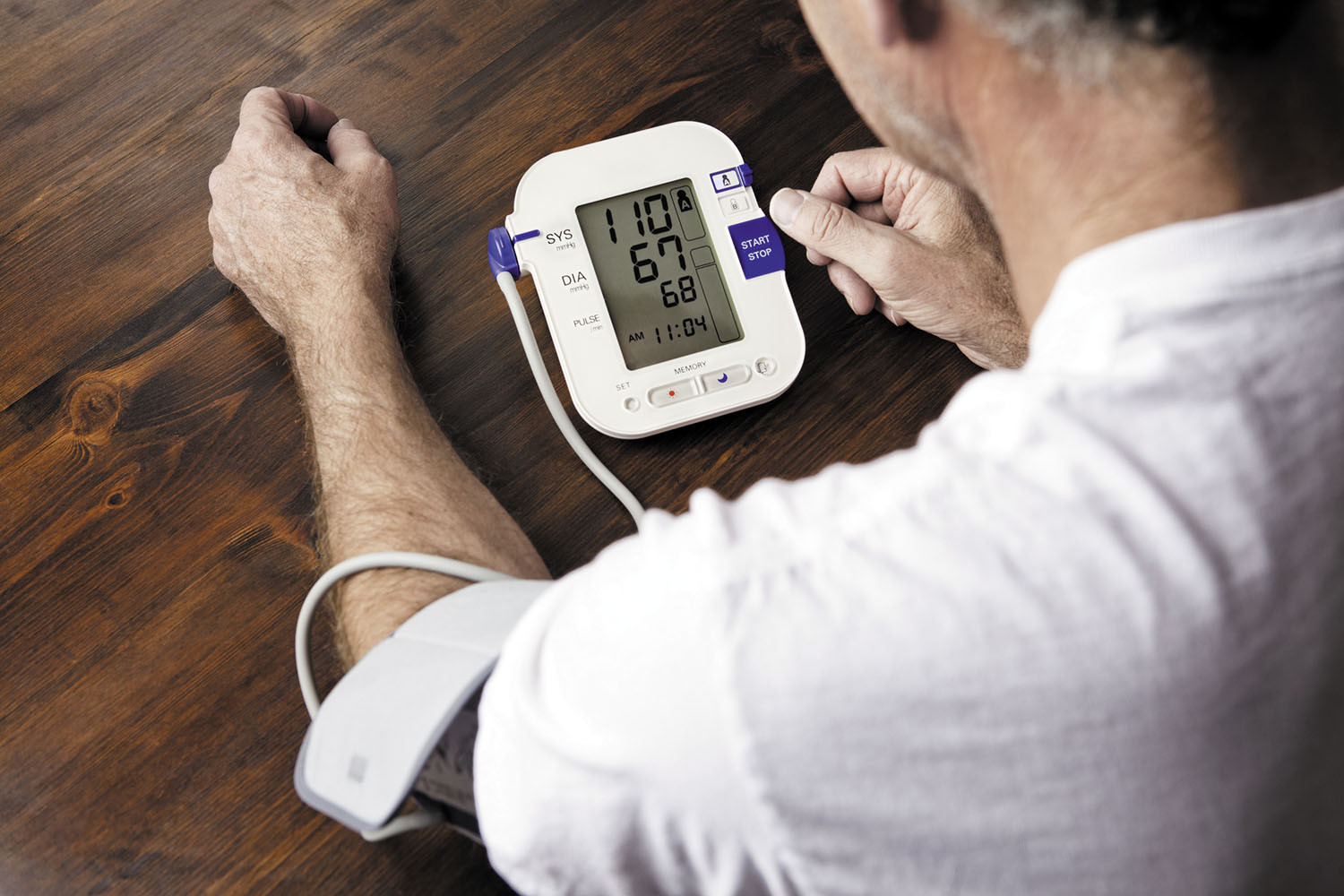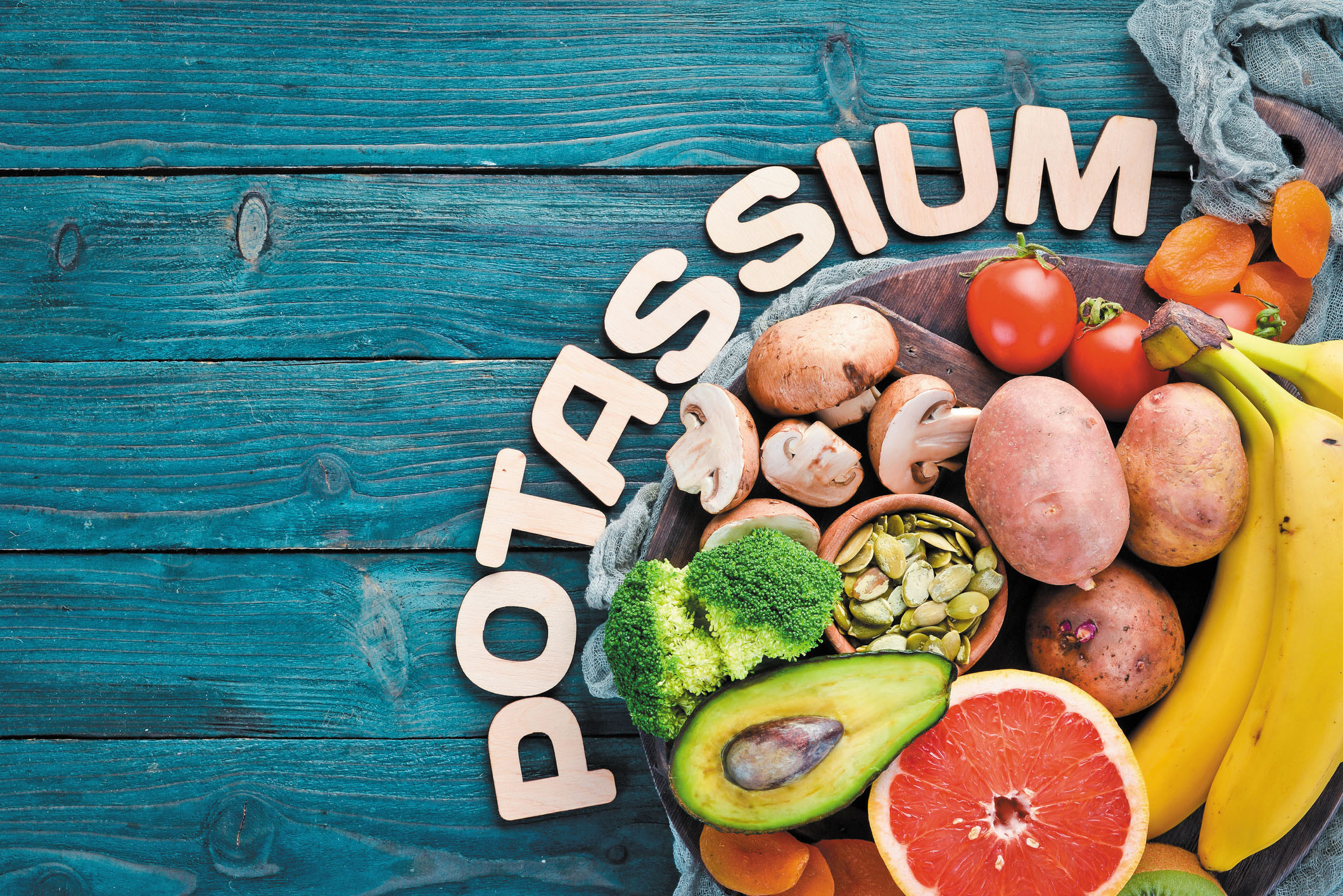
How — and why — to fit more fiber and fermented food into your meals

UTI in older women: Why postmenopausal women are susceptible to urinary tract infection, and what to do about it

Can a routine vaccine prevent dementia?

Some adults may need a measles booster shot. Who should get one and why?

Less butter, more plant oils, longer life?

Healthier planet, healthier people

Counting steps is good — is combining steps and heart rate better?

Appendix pain: Could it be appendicitis?

Can saw palmetto treat an enlarged prostate?

How does Ozempic work? Understanding GLP-1s for diabetes, weight loss, and beyond
Stroke Archive
Articles
What you need to know about aphasia
Brain damage can cause the language disorder aphasia. It affects a person's ability to understand or produce speech. Coping with aphasia requires treatment for the underlying cause and speech therapy to learn how to communicate despite language deficits. If the cause of the aphasia improves, so may the aphasia. But many people will continue to live with some level of aphasia, especially if the cause of brain damage is a progressive disease, such as Alzheimer's.
How COVID-19 can compromise your heart health
COVID survivors—even those with mild infections—appear to face a higher risk of cardiovascular problems such as heart failure, heart attack, and stroke for up to one year after their initial infection. People who were hospitalized (especially those who ended up in the intensive care unit) may have the highest risk. The virus that causes COVID can injure blood vessels and triggers an immune response that promotes the formation of blood clots in arteries and veins throughout the body and brain.
7 things you can do to prevent a stroke
Aging and a family history can increase the risk for a stroke, but women can lower it by managing factors that are under their control-such as diet, exercise, blood pressure, smoking, and diabetes.
Want a healthier heart? Seriously consider skipping the drinks
No amount of alcohol, including red wine, is good for the heart, according to a policy brief from the World Heart Federation. Drinking, even in moderation, increases the risk for heart-related conditions such as hypertension, heart failure, stroke, cardiomyopathy (a disease of the heart muscle), aortic aneurysm (a dangerous bulge in the wall of the aorta), and atrial fibrillation (an irregular heart rhythm). People who drink regularly might benefit from reducing their intake.
Hospitalization after a ministroke? Not necessarily
Someone who has a transient ischemic attack (TIA, or ministroke) needs prompt testing to look for the underlying cause. A 2022 study shows that people can safely get that evaluation at a specialized outpatient clinic rather than having to be admitted to the hospital. The testing usually includes a heart ultrasound (echocardiogram), cardiac monitoring, and imaging tests. The results guide targeted stroke-prevention treatments, which can reduce the risk of a future stroke by as much as 80%.
Enjoy avocados? Eating one a week may lower heart disease risk
Avocados are abundant in healthy fats, fiber, and micronutrients that boost heart health. A long-term study has found that people who eat avocado regularly have a lower risk of cardiovascular disease, which leads to heart attacks and strokes.
Does a low-salt diet really improve your health?
Using salt substitutes containing potassium chloride instead of using sodium chloride (table salt) may help reduce heart attack and stroke risk. A Harvard study published online Nov. 13, 2021, by The New England Journal of Medicine found that people who consumed the most sodium chloride had a 60% higher risk of a major cardiovascular event (a heart attack, a stroke, cardiac stent placement, or surgery) compared with those who consumed the least. People who consumed the most potassium chloride had a 31% lower risk of a major cardiovascular event compared with the people who consumed the least.
A look at diastolic blood pressure
When it comes to managing blood pressure, doctors tend to focus on lowering the top (systolic) number, but the bottom (diastolic) number also plays an essential role in heart health. Diastolic pressure is the pressure during the resting phase between heartbeats, and helps coronary vessels supply oxygen to the heart muscle. It’s important to keep both blood pressure numbers low per guidelines, but research suggests the diastolic number should not fall too low.
Close relationships with neighbors influence cardiovascular health in Black adults
A study of Black adults living in the Atlanta area suggests that feeling rooted in community and socializing with neighbors may strongly contribute to better cardiovascular health, which might lower risk for heart attacks and strokes.
Adding potassium and subtracting sodium may equal better heart health
Consuming less sodium and more potassium may be linked to better heart health, according to a November 2021 study published in the New England Journal of Medicine. After controlling for other risk factors, the researchers found that for every extra 1,000 milligrams (mg) of sodium detected in the urine, there was an 18% increase in the risk of cardiovascular disease. For every extra 1,000 mg of potassium in the urine, there was an 18% decrease in risk.

How — and why — to fit more fiber and fermented food into your meals

UTI in older women: Why postmenopausal women are susceptible to urinary tract infection, and what to do about it

Can a routine vaccine prevent dementia?

Some adults may need a measles booster shot. Who should get one and why?

Less butter, more plant oils, longer life?

Healthier planet, healthier people

Counting steps is good — is combining steps and heart rate better?

Appendix pain: Could it be appendicitis?

Can saw palmetto treat an enlarged prostate?

How does Ozempic work? Understanding GLP-1s for diabetes, weight loss, and beyond
Free Healthbeat Signup
Get the latest in health news delivered to your inbox!
Sign Up











